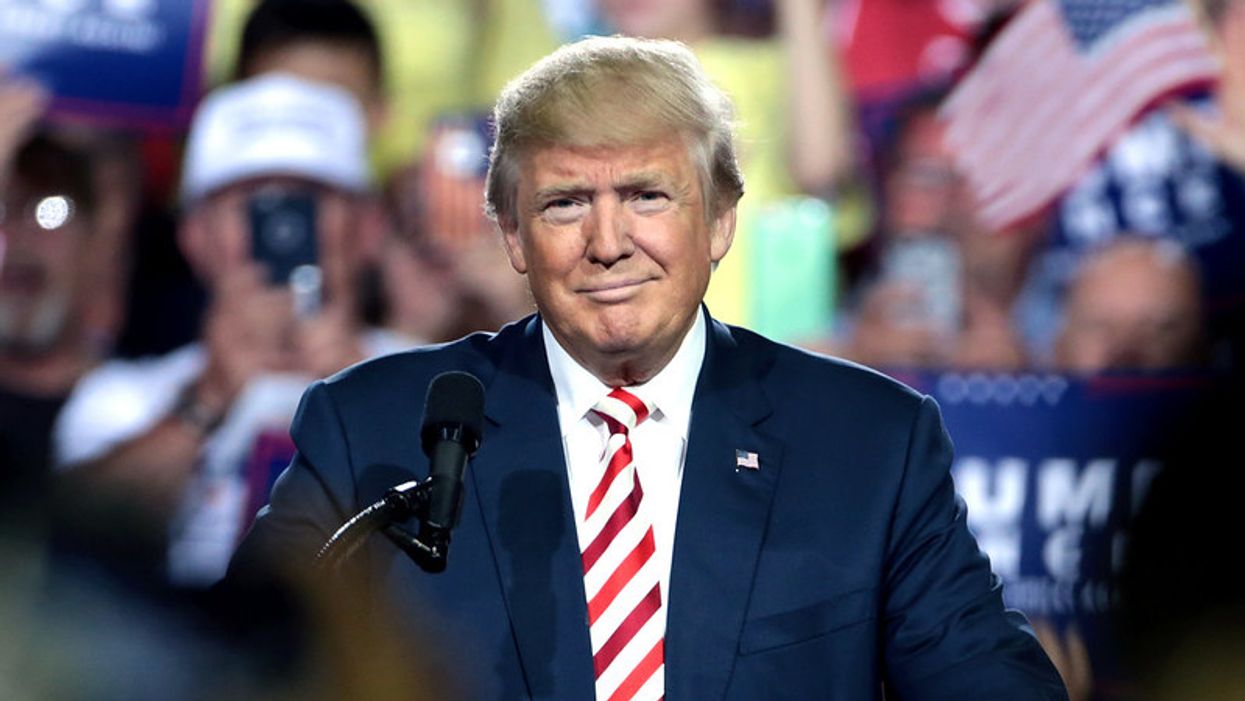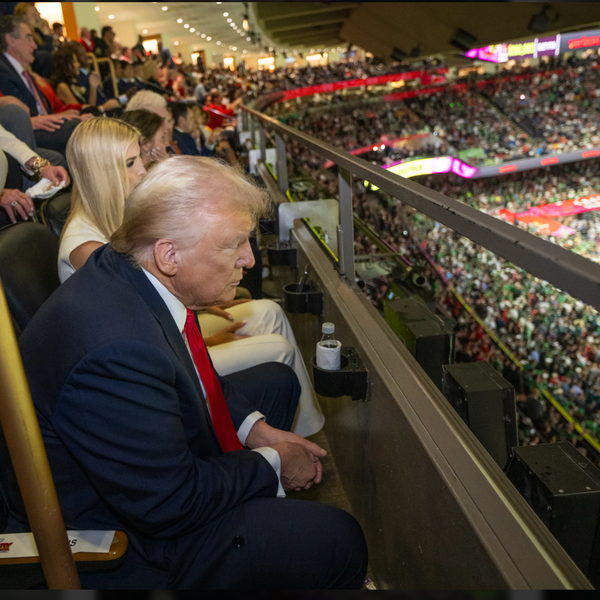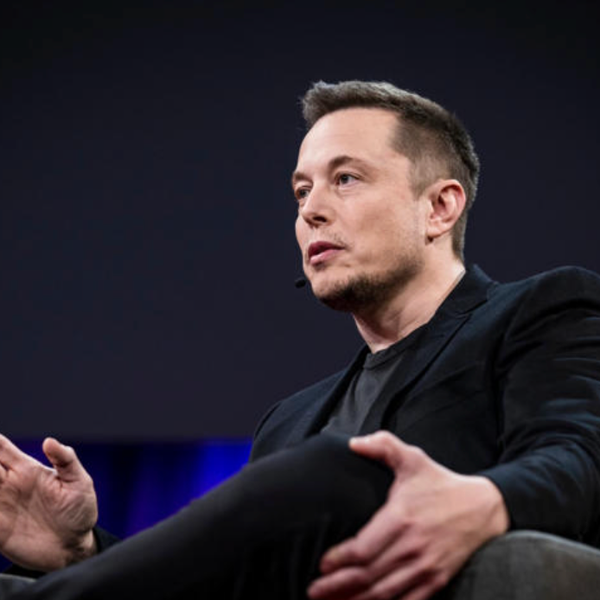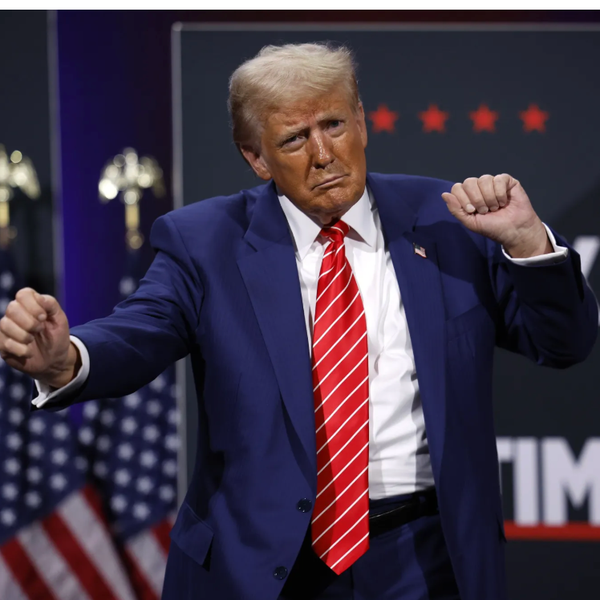Mainstream Media Fail To Check Trump’s Lethal COVID-19 Misinformation

Reprinted with permission from MediaMatters
On Wednesday evening, President Donald Trump held a rare press conference in the White House briefing room to address the administration's response to COVID-19. During this press conference, Trump made a number of false or misleading claims about the coronavirus and U.S. preparedness — and it wasn't the first time his administration had done so.
Though Dr. Nancy Messonnier, the head of the National Center for Immunization and Respiratory Diseases at the Centers for Disease Control and Prevention, said on Tuesday that the question of whether the virus would spread was "not so much a question of if this will happen anymore but rather more a question of exactly when this will happen and how many people in this country will have severe illness," Trump insisted that he didn't think it was inevitable and the risk to Americans was "very low."
Though Trump claimed that a vaccine would be made available "in a fairly quick manner," Dr. Anthony Fauci, the director of the National Institute of Allergy and Infectious Diseases said it would be at least a year to 18 months before the public could expect a vaccine. Trump repeatedly downplayed the threat of the virus by emphasizing its similarities to the flu — there are some, but coronavirus is still very dangerous — and claiming that the number of cases is "going very substantially down, not up." (In fact, in the days since Trump delivered his remarks, dozens of new coronavirus cases have been confirmed in the U.S.)
At another point in the press conference, Trump blamed the Democratic debate for this week's stock market nosedive even though the debate didn't take place until after two straight days of declines, and he called Senate Minority Leader Chuck Schumer "'Crying' Chuck Schumer."
Trump's rambling address and responses to reporter questions were, World Health Organization adviser Dr. Ezekiel Emanuel said, "incoherent." But you wouldn't get that impression from a lot of the event's media coverage.
Reporters and the outlets they represent were eager to take Trump at his word that the U.S. was "ready" for the virus, quoting him in headlines and tweets without explaining the many reasons to be concerned about the country's preparedness. In May 2018, Trump ousted Rear Adm. R. Timothy Ziemer, the National Security Council's senior director for global health security and biodefense, eliminating his position and undercutting the country's pandemic response team. Even so, outlets like CNN and Bloomberg ran headlines reassuring the public that matters were under control. An article in The Guardian echoed his assertion that coronavirus spread is not inevitable.



On Twitter, Trump's message was amplified by outlets including Voice of America, The Associated Press and ABC.
Journalists from Yahoo, Roll Call, The Hill, ABC, The Guardian, and Cheddar all tweeted an amplification of Trump's false claim of only 15 cases in the U.S.
Even on issues not directly related to public health — like the president's absurd suggestion that Tuesday's Democratic presidential debate was the cause of the stock market cratering — reporters were happy to promote Trump's assertions. Journalists from The Hill, The Daily Mail, The Washington Post, NPR, CNN, Reuters, and ABC shared Trump's argument that Democrats were to blame for stock market woes.
The administration's bungled response to the crisis has already put lives at risk. There are plenty of reasons outlets should not have just uncritically amplified Trump's rosy assessment of the situation, including reports that officials ignored CDC advice and flew 14 infected U.S. citizens from Tokyo back to the U.S. along with more than 300 healthy passengers, and Trump's decision to put Vice President Mike Pence, a man who infamously enabled an HIV outbreak when he was governor of Indiana, in charge of the administration's response.
But Pence's failed HIV record was largely ignored in early coverage, and the administration's 2018 decision to disband the country's pandemic response team has remained little more than a footnote. There's also been administration-generated misinformation.
On February 25, acting Department of Homeland Security Secretary Chad Wolf testified before a Senate appropriations subcommittee that the government was "several months" away from a vaccine. Earlier in the hearing, Health and Human Services Secretary Alex Azar had said that a vaccine could be available "within a year." That same day, Trump claimed at a press conference in India that the U.S. was "very close to a vaccine," though it turned out that he had mixed up COVID-19 and Ebola.
When New York Daily News reporter Michael McAuliff noted the discrepancy between what Wolf and Azar said, DHS spokesperson Heather Swift pushed back, arguing that technically "several months" is "within a year." Neither figure was accurate, contradicted by Fauci's timeline of a year to 18 months.
Larry Kudlow, director of the U.S. National Economic Council, told CNBC that the U.S. had "contained this … pretty close to airtight." This was flat-out untrue, and it directly contradicted what the CDC said. Nevertheless, CNBC shared the quote on Twitter without noting that it was false. The Hill and Political Wire's Taegan Goddard echoed it, as did NBC News Business.
On Thursday, The Washington Post reported that more than a dozen Health and Human Services workers were sent out to meet U.S. citizens evacuated from Wuhan, China, without protective gear, and were not tested for the virus. After reporting this to HHS officials, a whistleblower within the agency was reassigned in seeming retaliation and an attempt to cover up this glaring mistake. Also on Thursday, The New York Times reported that all communications related to the administration's response to the virus would go through Pence. Evidence keeps piling up about how the administration is bungling the response, which is all the more reason outlets should not just be uncritically amplifying the things Trump and others are saying about the outbreak.
After Trump called concerns about the virus a "hoax" during a campaign rally, The New York Times ran a credulous piece that lent credence to his claims of Democratic and media exaggeration.

Shoddy reporting and an unwillingness to accurately represent this administration's actions put people in actual danger.
Patrick Dillon, who was a special assistant to former President Barack Obama, summarized the problem with the way so many of Trump's actions are covered in mainstream media. The version of Trump people get when they check the news is markedly different from the version of Trump people get when they watch one of these press conferences from start to finish.
Adam Jentleson, a former deputy chief of staff for then-Sen. Harry Reid (D-NV), added to Dillon's point, tweeting that too often journalists "tell themselves they're editing out the noise, but they're really editing out reality and making Trump seem far more normal than he is."
While many politicians have to worry about small slip-ups plaguing them in the press for years to follow, Trump's mistakes are factored in and edited out. CNN frames Trump's press conference as a "victory lap" despite him pushing misinformation, but minor flubs like Obama saying "57 states" instead of "47 states" in 2008 continue to be brought up more than a decade later as though they're indicative of incompetence.

Many politicians have their every word scrutinized by news organizations, while Trump gets a comparatively free pass to lie, mislead, and smear his political enemies without much scrutiny. Many journalists are well aware of how much this administration has done to destroy its credibility through lies and general ineptitude, but some seem too worried about reporting facts for fear of coming off as biased, even though the decision to create a fictionalized version of the president is a form of bias in itself. Maybe this doesn't matter so much when the administration is talking about how many people attended Trump's 2017 inauguration or the size of his Electoral College win, but it particularly matters now. This willingness to share an idealized version of Trump in times of national crisis puts people at real risk of harm, and a frustratingly large segment of the press seems comfortable in its complicity.








